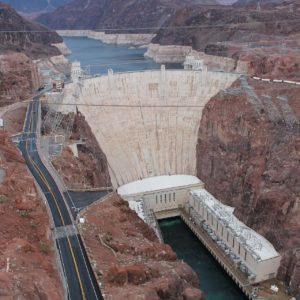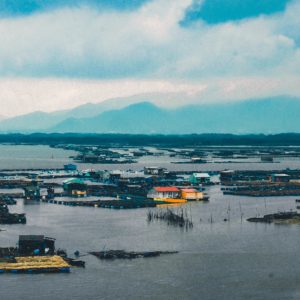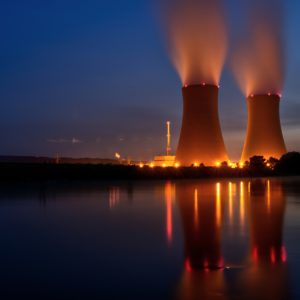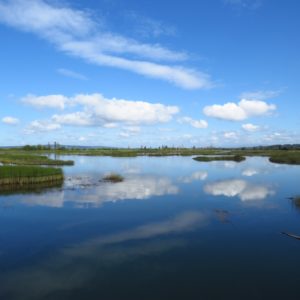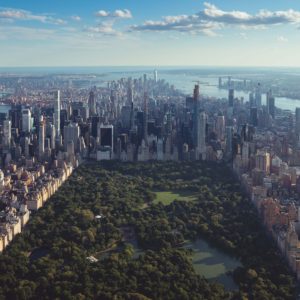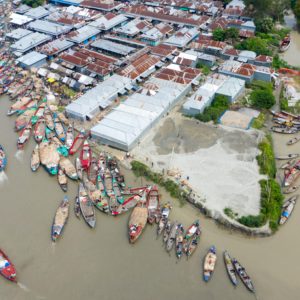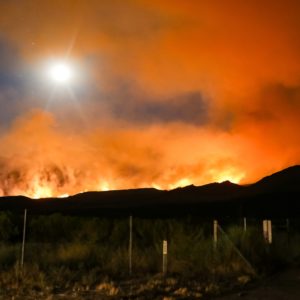"Doing more to disrupt the status quo with proven solutions can help smooth these transformations and create a better future in the process."
Energy shift creates opening for ‘world’s largest batteries’
"Three projects have obtained licenses from the Federal Energy Regulatory Commission, but none are being built. Developers of a long-planned Oregon facility expect work to begin in 2023. A Montana company that got a license five years ago needs a utility to operate the plant and buy its storage capacity before construction starts."
Coastal disasters to cost $100B a year by 2100
"The reports include an analysis of four federal expenditures that are expected to increase due to climate change, and they project future costs under several climate scenarios. Under each one, coastal disasters account for at least 75 percent of the total costs."
Can nuclear power secure a path to net zero?
"Nuclear power generation can be dialled up to cover gaps in supply from renewable sources, a job that coal and gas generators are often called upon to do now. Another low-carbon way to do this is to build batteries big enough to store the electricity generated by green sources."
Blue Carbon: A Natural Climate Solution
Aside from storing carbon, healthy coastal structures are essential to mitigating the impacts of extreme weather.
How Nature Can Help Make Our Cities More Resilient To Flooding
"In Auckland, half of the area studied by Arup was made up of green and blue spaces, which helped it achieve its high sponge rating. The only city snapshot to contain a greater proportion of green and blue spaces was Nairobi (52%), however Auckland’s more permeable soil helped to give it a higher overall 'sponginess.'"
When It Comes to Climate Change, Wealth Equals Adaptation
Ron Bailey of Reason writes on the latest U.N. climate report. “Again, when bad weather meets poverty, people die. The recipe for successfully adapting to climate change is continued economic growth and technological progress.” Read the full article here.
Wildfire risk will jump 30% by 2050, UN says
"'Regardless of mitigation ... we must learn to live with fire,' per the report. 'We must learn to better manage and mitigate the risk of wildfires to human health and livelihoods, biodiversity, and the global climate.'"
U.S. sea level to rise by 2050 as much as in past century, NOAA says
"NOAA officials said the report builds on and supports previous findings from the IPCC and other entities about sea level rise, which experts say is caused primarily by melting ice sheets and glaciers as global temperatures increase."
The Environmental Case for Genetically Engineered Crops
"There is a global need to increase crop production to feed a growing population. High-income industrialized countries already have the tools to increase crop yields; in contrast, farmers in lower-income countries often struggle to access inputs like fertilizer. By prioritizing organic production over yields, the EU is promoting deforestation and biodiversity loss in lower-income countries — all while continuing to import the non-organic genetically engineered crops that EU countries refuse to grow domestically."

